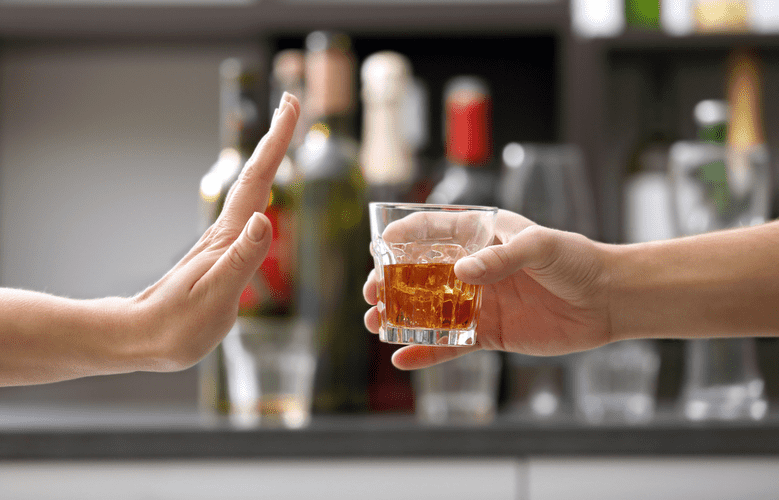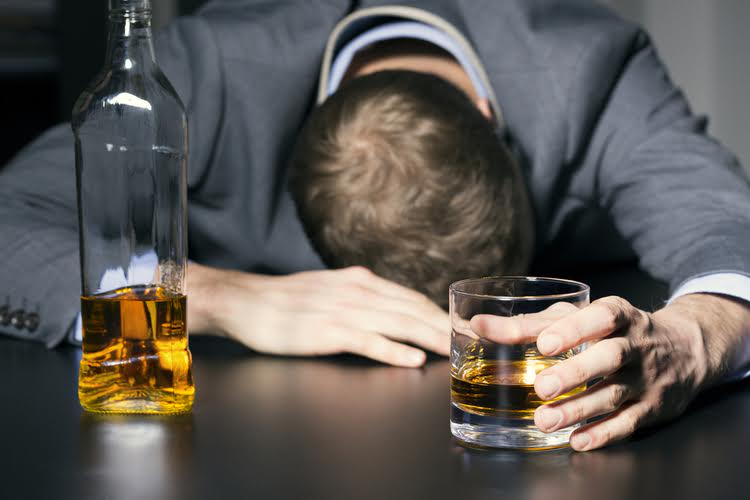Alcohol and Sleep-Related Problems
Suffice it to say that more research is needed regarding the safety and effectiveness of benzodiazepine receptor agonists for the short-term management of insomnia in alcohol dependent patients (13). Men and women who consume two or more drinks per day had two-to threefold increase in periodic leg movements that fragment sleep (66). Alcohol may also provoke sleepwalking, especially when taken in combination with methylphenidate, diphenhydramine or drug addiction amitryptiline (67).
Find Resources for Alcohol Treatment

Alcohol can induce non-REM sleep quickly, but this throws off the natural sleep cycle, reducing your overall amount of REM sleep. While your body is resting during REM sleep, your brain actually becomes more active and stimulates its long-term memory center. Not only can losing REM sleep make you feel sleepy and drained when you wake up, but it can also lead to long-term memory loss, impaired judgment, and overall decreased cognitive functioning. Compared to informational charts showing an “ideal” set of sleep cycles, even a healthy person’s sleep pattern likely won’t match exactly.

How OTC Sleep Aids React
An older study concluded that alcohol might reduce sleep in the first half of sleep and increase disruption in the second half. We’re here 24/7 to help guide you or your loved on through rehab and recovery. Submit your number to receive a call today from a treatment provider. It’s also important to note that delirium tremens can be life-threatening. The prognosis (outlook) for someone with alcohol withdrawal depends greatly on its severity.
How Does Alcohol Affect Your Sleep?
The duration of alcohol withdrawal insomnia varies but typically improves over a few weeks. https://bingo88slot.com/medications-that-help-with-cocaine-addiction/ Rehab is instrumental in managing this condition, offering structured support, setting regular sleep schedules, and incorporating relaxation techniques. Professional guidance ensures a safe and effective strategy for overcoming withdrawal-induced sleep disruptions. It is also important to make sure that your CPAP machine is set up under typical sleeping conditions. If you normally drink alcohol most days but stop for your titration study, the pressure may not be enough to maintain your airway on nights you have been drinking.
What’s the Link Between Alcohol and Sleep Apnea?
- While individual experiences differ, keep in mind that this is a temporary hurdle on your path to recovery.
- In addition to the electrophysiologic mechanisms of sleep, Borbely and colleagues postulated a two-process model of sleep regulation (Borbely, 1982).
- There are symptoms to be on the lookout for to realise you are suffering from alcohol insomnia.
- Factors that affect the development of insomnia include poor sleep hygiene, mental health issues, medical conditions, life circumstances and changes and genetics.
Alcohol withdrawal (alcohol withdrawal syndrome) is a range of symptoms that can happen if you insomnia after stopping drinking stop or significantly reduce alcohol intake after long-term use. This altered sleep architecture during alcohol withdrawal is considered a contributor to relapse, as individuals may use alcohol in an attempt to restore sleep normality. Thus, understanding and addressing such sleep disturbances is critical during the recovery process.
- While every person’s individual sleep cycle varies, it’s generally true that each of us goes through four to six rounds of it.
- If you’ve stopped drinking alcohol, but are still having sleep issues, be sure to reach out to a sleep specialist.
- Alcohol consumption can lead to worsened snoring and induce sleep apnea, which prevents oxygen from reaching the body during sleep.
- Over time, this can affect both physical and mental health, contributing to a cycle of poor sleep and daytime exhaustion.
Will a Small Amount of Alcohol Affect My Sleep?

After detox, it’s a good idea to follow up with comprehensive addiction treatment to address what’s driving your addiction. Most residential rehab programs treat sleep hygiene as a core component of their programming, especially in early recovery. They can also connect you with resources like support groups (12-Step and non-12-Step) to support your long-term recovery. While the urge to reach for a cup of coffee during withdrawal might be strong, caffeinated drinks can worsen your sleep struggles. Caffeine acts on the nervous system,7 increasing alertness and anxiety and making it harder to sleep. Opt for herbal teas, decaf coffee, natural juices, or water to support your body’s detox process and minimize disruptions during this challenging period.

